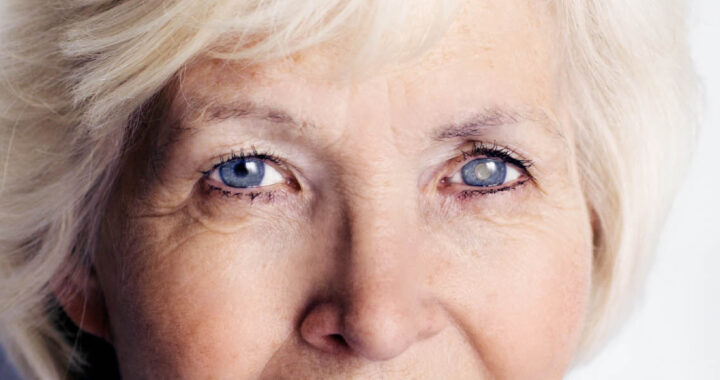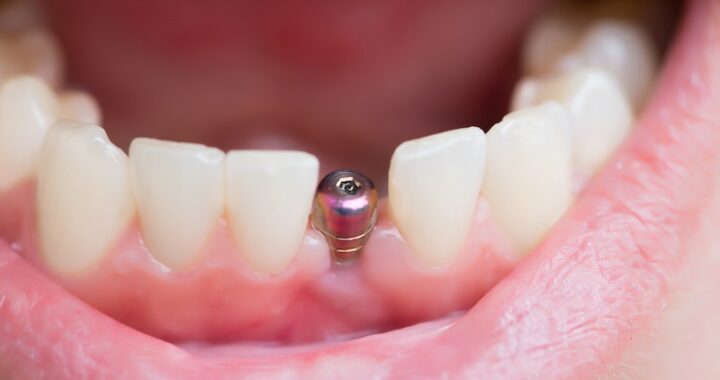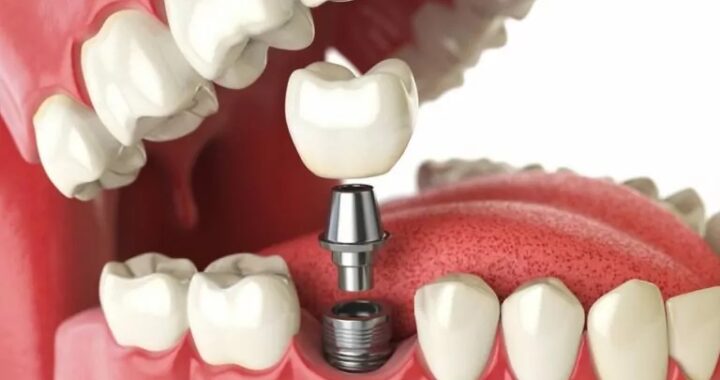Facts About Menopause Every Woman Should Know

Mature Woman Experiencing Hot Flush From Menopause
Menopause is an intimidating term. You might have heard awful tales of night sweats that kept you up at night and uncomfortable sex. However, menopause need not be a nightmare. If you suspect you are approaching menopause, you should discuss your concerns and explore your care solutions. The menopause Houston specialists want to educate you on what you should know about menopause. Continue reading to learn everything you should expect with this transition phase.
How Do You Determine If You Are in Menopause?
A woman is truly in menopause if she fails to experience menses for twelve months. The interval preceding this is known as perimenopause, which presents different concerns. Menopause is another issue altogether. Many women enter menopause in their late 40s or early 50s. This phase is defined by a decrease in progesterone and estrogen production in the ovaries.
How Is Menopause Different from Perimenopause?
Menopause is described as a one-year cessation of menstruation. Perimenopause is the period before this happens. During perimenopause, women experience reduced progesterone and estrogen production; thus, they might experience hot flashes. You might experience a period, but it is irregular. The perimenopause phase could extend for several years.
Can You Avoid Hot Flashes?
If you experience constant hot flashes during your menopause, you can take some steps to reduce their effect. Some effective techniques include:
- Reduce tension by practicing yoga and deep breathing routines
- Run a fan during nighttime in your bedroom and even at work
- Do not attempt to shrug them off or become agitated when they strike you. Be patient, and they will fade.
- Wear clothing that is easily removable as desired
- Consult your obstetrician to determine if medication may be helpful
Will You Develop Weak Bones?
Throughout menopause, bone loss is a major concern for some women. Osteoporosis is more prevalent during this time because the body makes less estrogen, which affects calcium synthesis. To avoid significant bone loss, you could aid your body by moderate alcohol consumption, not smoking, and eating a diet rich in healthy foods.
Calcium is abundant in leafy greens such as kale, collard, spinach, and dairy products. Additionally, sun bask and take vitamin D supplements. Weight training is also essential for bone health maintenance.
Are You Bound to Gain Weight Because of Menopause?
Numerous women do gain weight because of hormonal fluctuations and aging. Maintaining a healthy weight necessitates additional effort. If you exercise regularly and eat well, you will have a better experience.
Furthermore, substantial weight gain is associated with diabetes, cardiovascular illness, and other health problems. Therefore, you should maintain a healthy weight regardless. You should eliminate sugars from your meals throughout this time to notice genuine progress. You should also exercise effectively, combining cardio workouts with yoga and strength training.
Is Cardiac Illness Associated with Menopause?
During menopause, you might experience heart-related symptoms, like palpitations and vertigo. Reduced estrogen levels could impair the function of flexible arteries, which could affect your blood flow. Managing your weight, engaging in regular physical activity, consuming a healthy, well-balanced diet, and avoiding smoking can minimize your risk of having cardiac issues
While menopause is a natural component of a woman’s life cycle, you should not let it affect your general life quality. If you experience any menopause-related concerns, be it vaginal dryness, hot flashes, vaginal atrophy, and more, seek expert care.


 One-Person Wonder: Making Waves in the Massage Industry in Gunma
One-Person Wonder: Making Waves in the Massage Industry in Gunma  How Cataract Surgery in Nashville Improves Vision and Quality of Life
How Cataract Surgery in Nashville Improves Vision and Quality of Life  Maintaining Oral Health: The Role of Dentists in Richmond
Maintaining Oral Health: The Role of Dentists in Richmond  How to Choose the Best Implant Dentist in Sheffield: A Guide
How to Choose the Best Implant Dentist in Sheffield: A Guide  How Invisalign is Revolutionising Orthodontics in London
How Invisalign is Revolutionising Orthodontics in London  Exploring the Benefits of Dental Implants for Missing Teeth
Exploring the Benefits of Dental Implants for Missing Teeth  Veneers: A Popular Cosmetic Solution for a Beautiful Smile in London
Veneers: A Popular Cosmetic Solution for a Beautiful Smile in London  Understanding the Revolution in Dentistry: Dental Implants
Understanding the Revolution in Dentistry: Dental Implants